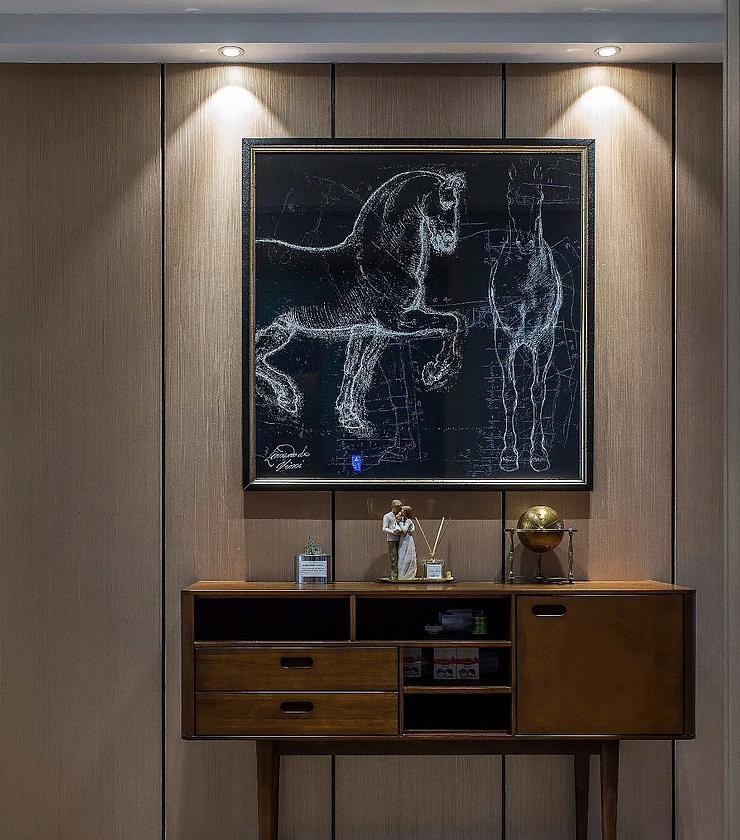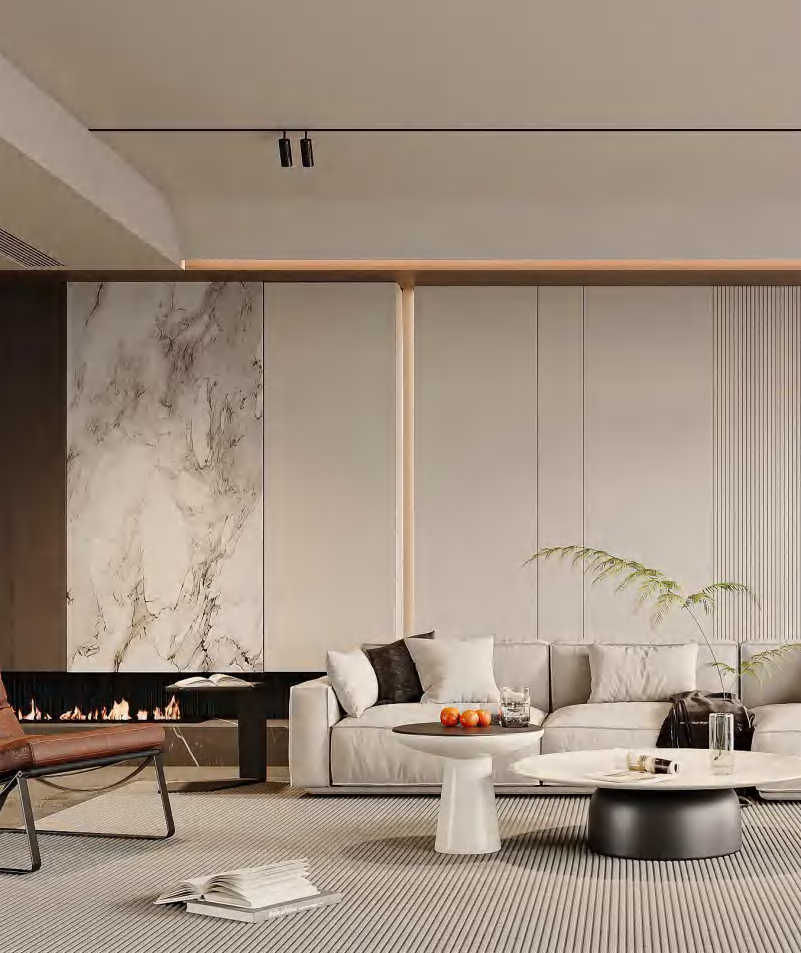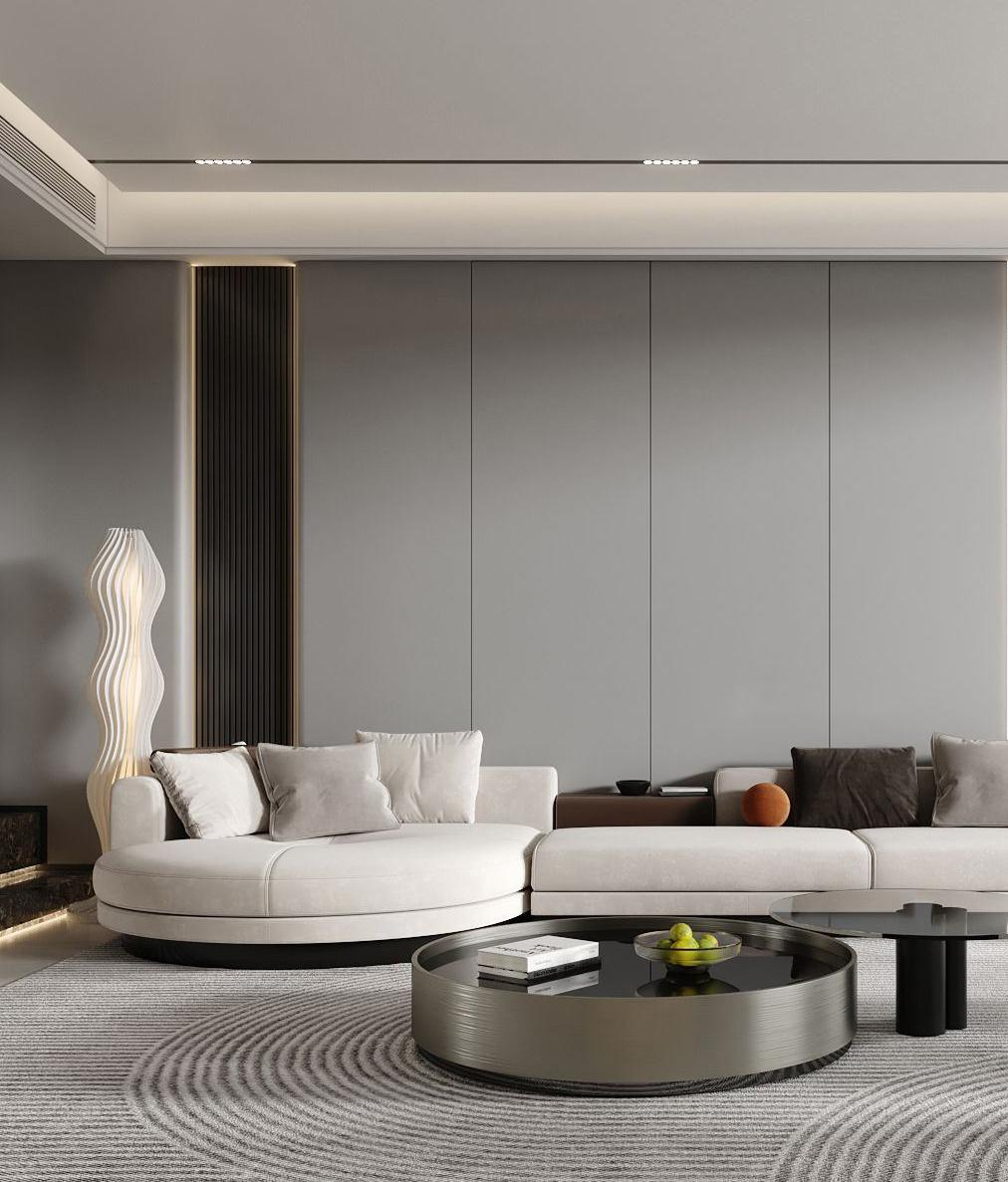
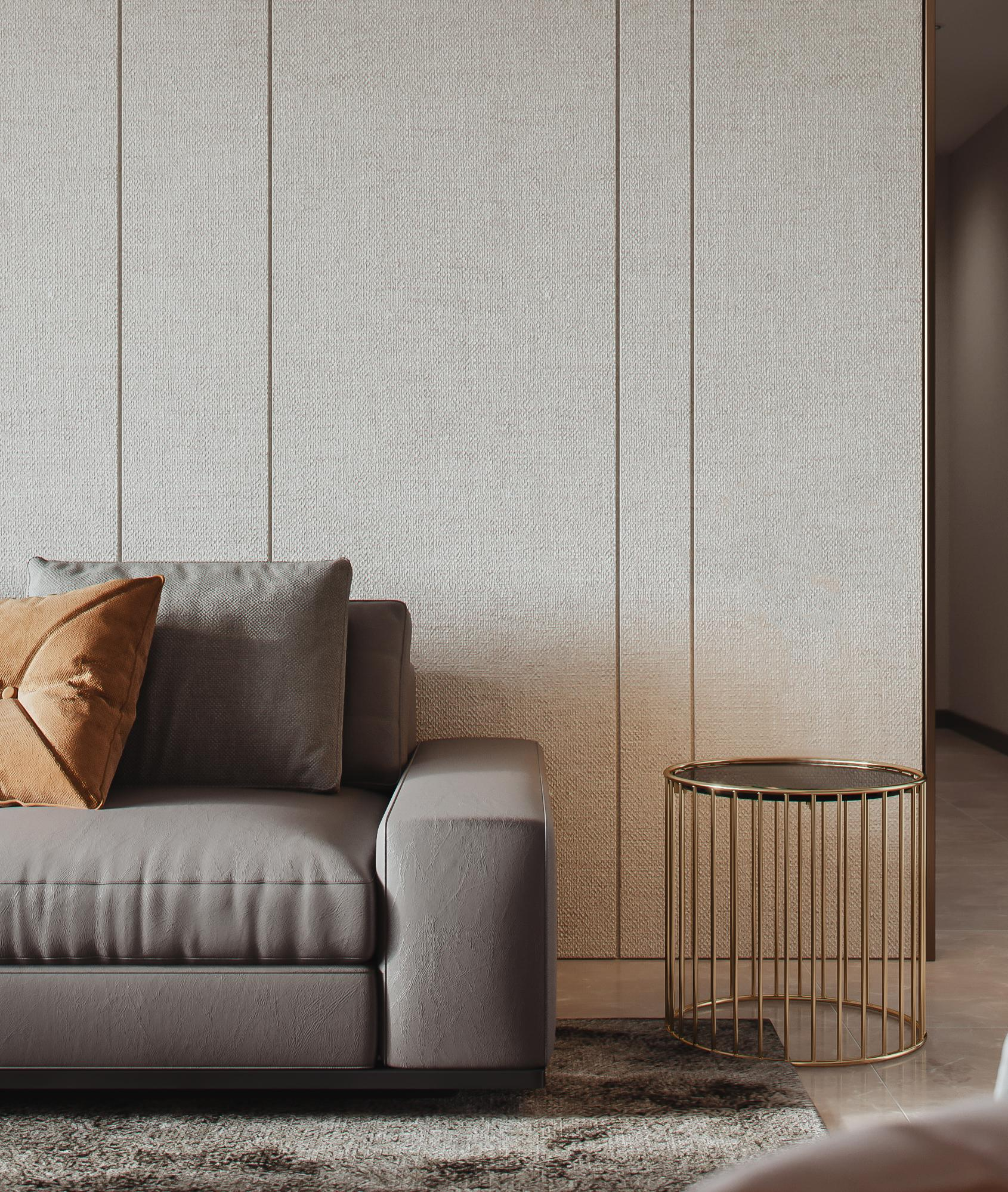
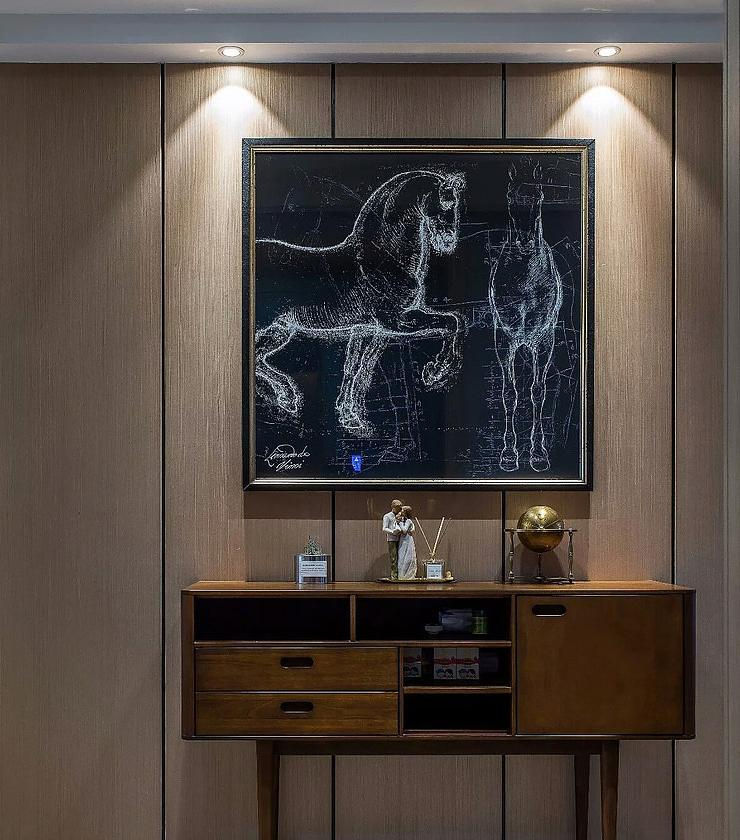
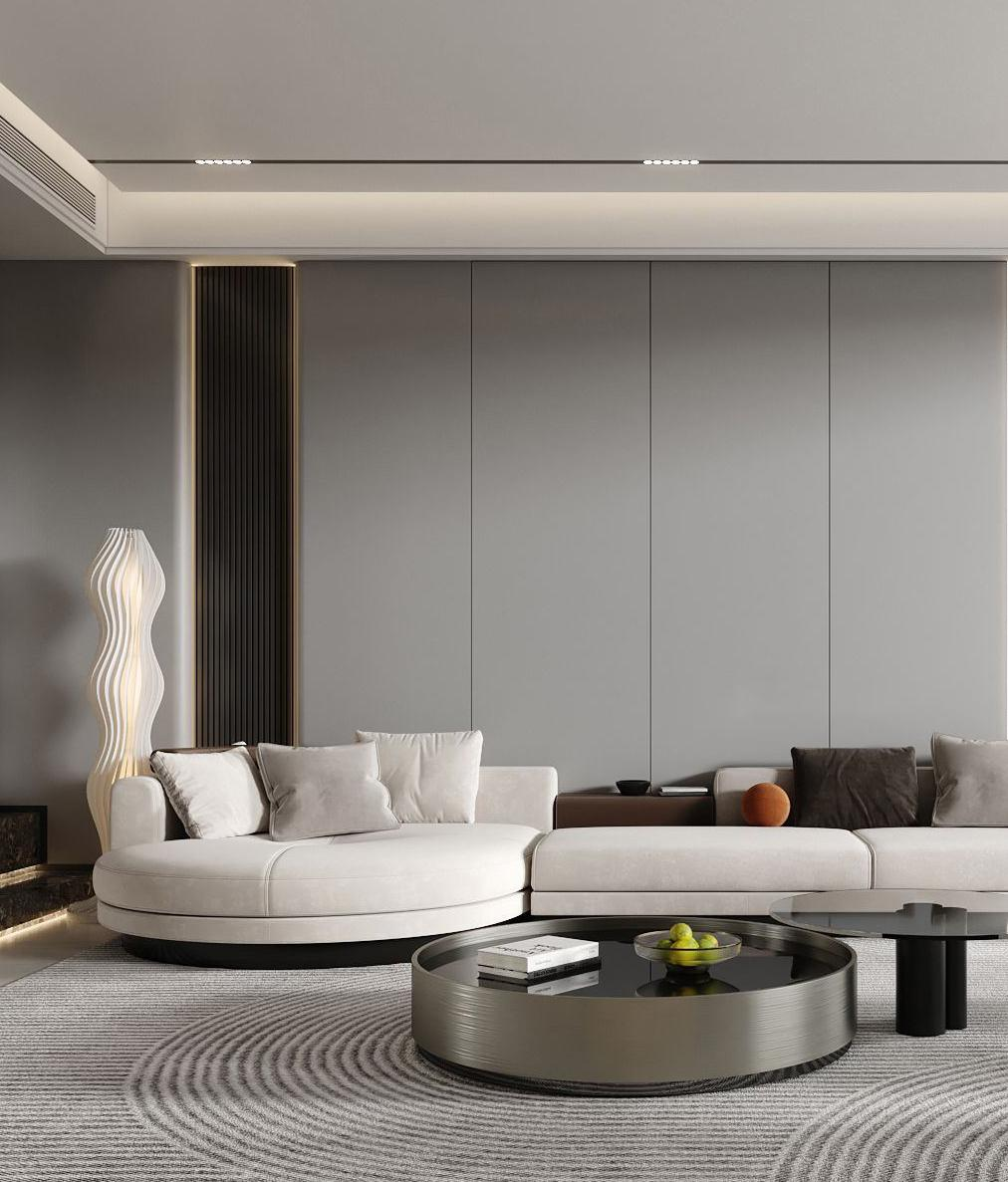
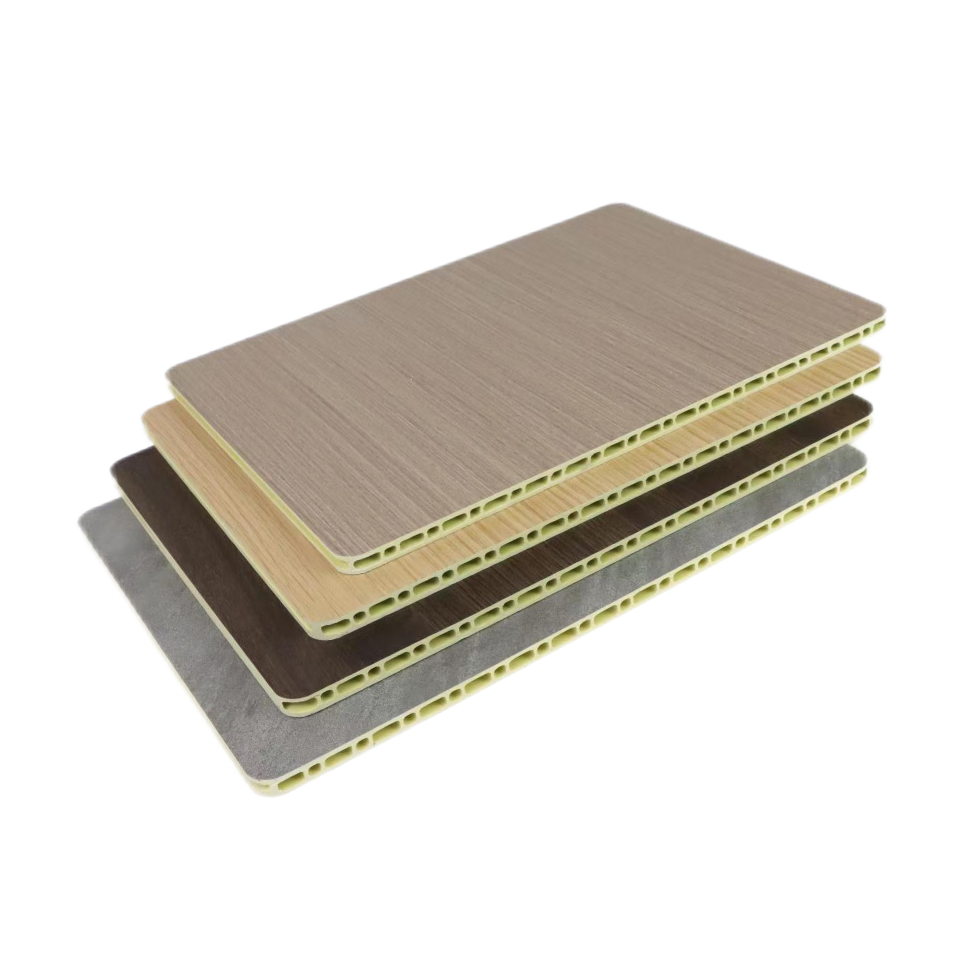
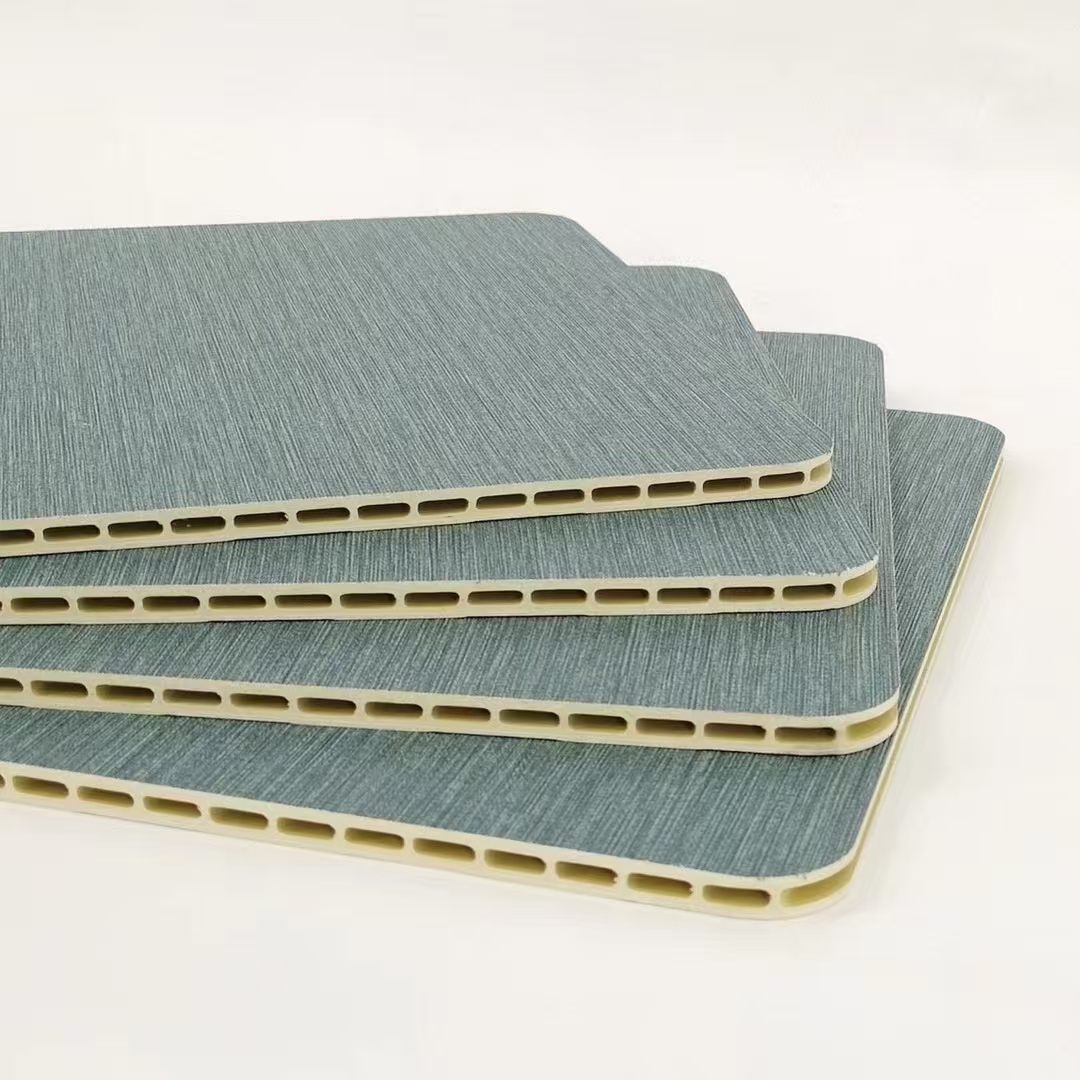
Factory Price Interior Decorative WPC Composite Intergrated Wall Panel #W600
Bamboo and wood composite wall panels, also known as Wood-Plastic Composites (WPC), are a type of sustainable and environmentally friendly building material that combines the benefits of bamboo and wood. These panels are crafted using bamboo fibers and polymer resin, offering a range of advantages over traditional building materials.
Key Features:
Sustainability: Bamboo is a rapidly renewable resource, making these panels an eco-friendly choice that aligns with the global move towards sustainable construction practices.
Physical and Mechanical Properties: The panels are known for their excellent physical and mechanical properties. They offer high static bending strength and elastic modulus, making them durable and reliable for various construction applications.
Thermal Insulation: With a low thermal conductivity, these panels provide effective thermal insulation, which can help reduce energy consumption in buildings by minimizing heat transfer.
Aesthetic Appeal: The surface of the panels can be finished with resin film or enhanced with 3D printing technology, offering a variety of design options and allowing for customization to fit any decor.
Water and Moisture Resistance: These panels are designed to be waterproof and moisture-proof, making them ideal for use in high-humidity environments or areas prone to water damage.
Fire-Retardant: The material is also fire-retardant, adding an extra layer of safety in construction.
Sound Insulation: The panels provide sound insulation, contributing to a quieter and more peaceful living or working environment.
Durability: They are resistant to wear, rubbing, and other forms of physical stress, ensuring a long service life.
Installation Convenience: The panels are easy to install, which can significantly reduce the time and labor costs associated with traditional wall construction methods.
Applications:
Bamboo and wood composite wall panels are used in a variety of settings, including residential, commercial, and public buildings. They are particularly suitable for interior walls, ceilings, and as decorative elements that require both strength and style.
Environmental Impact:
The use of bamboo in construction materials is part of a broader trend towards using renewable resources in the building industry. Bamboo's rapid growth cycle makes it an attractive alternative to traditional timber, reducing the pressure on forest resources and contributing to carbon sequestration.
In summary, bamboo and wood composite wall panels offer a sustainable, durable, and aesthetically pleasing solution for modern construction projects, combining the best of natural materials with advanced manufacturing techniques.
